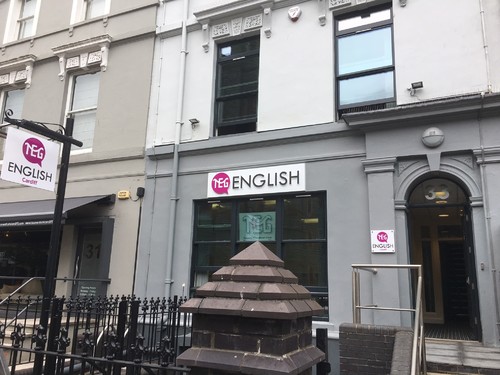A chain of five English language schools in the UK, TEG English, ceased trading, putting them among at least 15 British Council-accredited schools forced to close by the pandemic (see page 13). Language school association English UK estimates that 30 per cent will not survive the summer.
TEG owner David Tomkins blamed, “the extended lockdown … that saw fixed costs mount,” as well as “derisory governmental assistance,” according to Study Travel Magazine.
On the advice of English UK, the British ELT sector closed its centres on 20 March, after its two biggest markets, Italy and China, halted flights to the UK, and two days after the government closed England’s state schools.
A period of year-on-year growth, which began in 2017, ended abruptly as student numbers fell off a cliff, with earnings falling an estimated 80 per cent, according to a recent English UK report.
A survey of 40 per cent of members found that student weeks began to fall even before Covid-19 hit the UK — falling 29 per cent in the first quarter of 2020 (January-March). Second quarter numbers were down 79 per cent, while the forecast for the peak summer season was for an 82 per cent drop on last year. Few members surveyed believed the sector would recover to pre-Covid levels before 2021.
UK ELT supports 12,000 jobs, according to the report, though almost half are ‘seasonal employees.’ Just seven per cent of staff had full-time work during the pandemic, while 10 per cent were put on reduced hours. Of the 46 per cent of employees who were laid off, the vast majority were seasonal staff.
Government measures have allowed 65 per cent of permanent staff and 70 per cent of seasonal staff to be furloughed. However, the Department of Local Government has failed to include ELT in the business rate scheme, which waives property taxes for the leisure and hospitality industries. Local authorities must each make the decision for their own area, meaning language schools in one part of London can face a bill of £100,000 while schools in another area pay nothing.
In a House of Commons debate on the impact of Covid on ELT in July, Minister of Exports Graham Stuart pledged to “champion” the sector and to talk to his counterpart in the Department of Local Government about possible
local property tax relief. He added that language schools have benefited from the wages paid via the coronavirus employee furlough scheme and from emergency interest-free loan packages.
On 18 August, English UK interim chief executive Jodie Gray launched a Parliamentary petition asking the government to include all language schools in the business rates relief scheme.





